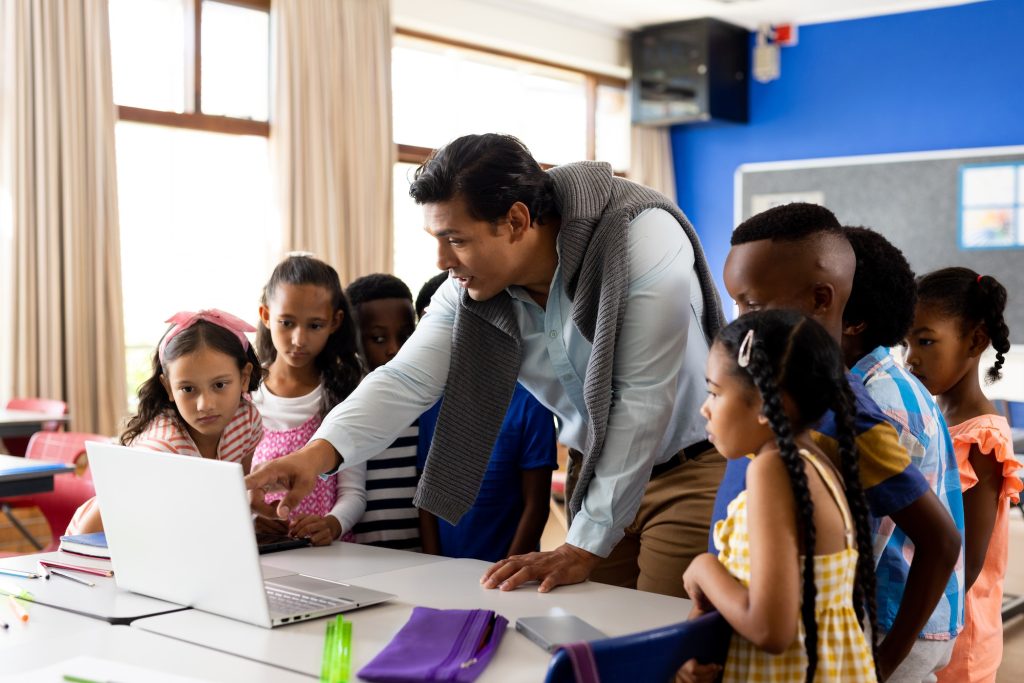HRW’s submission on Colombia’s compliance with ICESCR
Colombia’s submission to ICESCR emphasises the right to free and compulsory education and protection from attack during the COVID-19 pandemic. Human Rights Watch conducted a global study on EdTech items, revealing excessive data collection and abuse of children’s privacy.

Colombia’s submission to the UN Committee on Economic, Social, and Cultural Rights seeks to clarify the country’s adherence to the International Covenant on Economic, Social, and Cultural Rights (ICESCR). The submission emphasises the right to free and compulsory education and the protection of education from attack during the COVID-19 epidemic.
During the COVID-19 outbreak, Human Rights Watch studied EdTech items approved by the most populous nations for children’s education. The research looked at Aprender Digital, Colombia’s Ministry of National Education website, and seven other private platforms. All eight devices tracked children online and sent their information to third-party AdTech businesses. This excessive data collection exposes children to abuse and exploitation, infringing their right to privacy in educational facilities.
Human Rights Watch criticised four EdTech products in Colombia for utilising Android advertising IDs to identify 1.25 billion users, citing unnecessary surveillance practices and interference with children’s privacy. The Colombian education ministry failed to address these crimes, making it difficult for children, parents, and teachers to seek justice and redress.
Human Rights Watch urges Colombia’s government to address abuses of children’s rights caused by EdTech devices. They recommend amending data protection regulations, performing a privacy audit, erasing data obtained during the epidemic, and assuring the safety of online education services. Companies should do impact assessments and engage in contractual contracts with EdTech providers, including additional safeguards for sensitive personal data.
Why does it matter? Colombia’s commitment to upholding the ICESCR is under scrutiny due to its excessive collection and sharing of children’s data with third-party AdTech entities. Human Rights Watch’s global study on EdTech products has exposed alarming practices, threatening children’s fundamental rights and exposing them to abuse and exploitation. Urgent action is needed to rectify this situation, including revising data protection regulations, conducting privacy audits, deleting pandemic-acquired data, and establishing stringent safety measures for online education services. This issue goes beyond technological concerns and sets a precedent for responsible and ethical EdTech practices worldwide.

